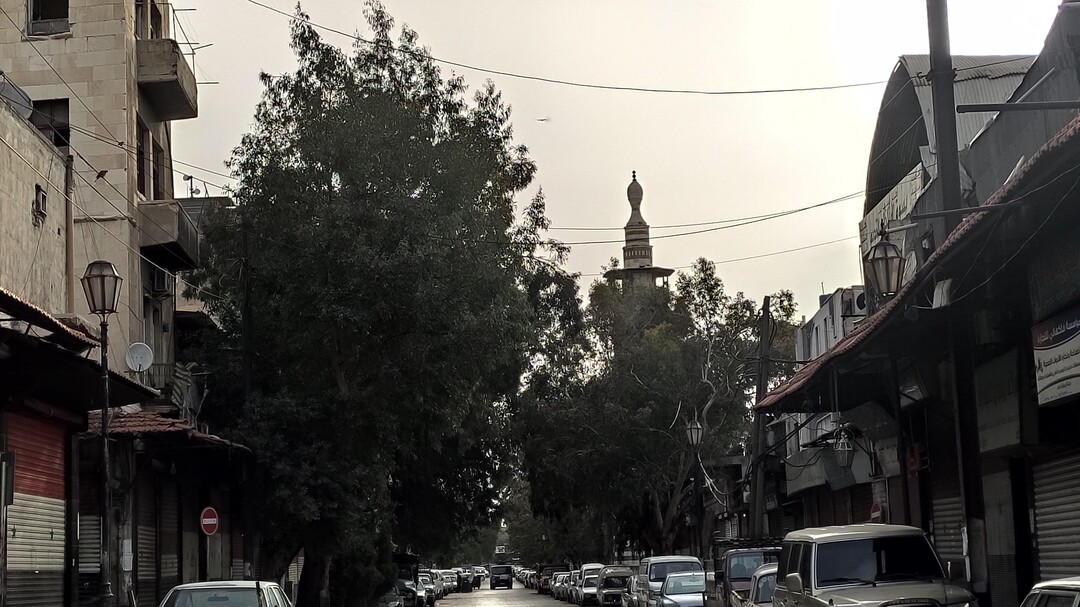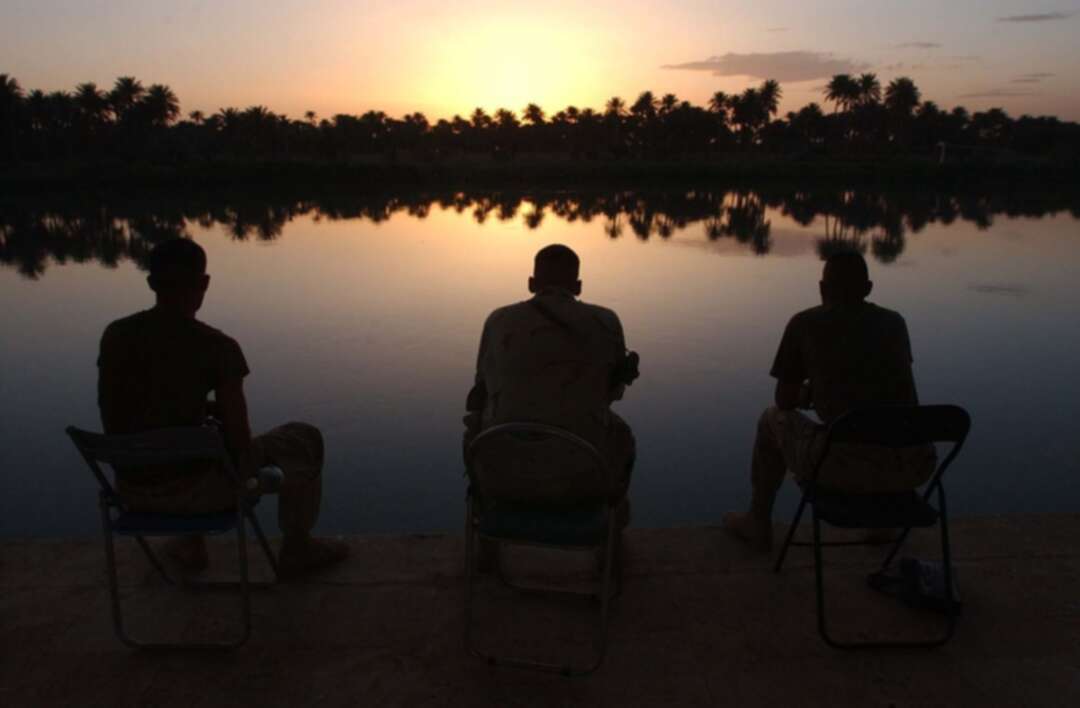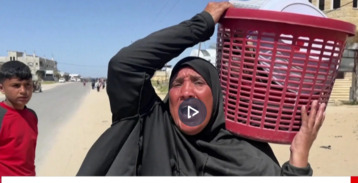-
Mounting cholera cases pose threat across frontlines in Syria

A cholera outbreak that has claimed 29 lives in Syria is posing a danger across the frontlines of the country’s 11-year-long war, stirring fears in crowded camps for the displaced who lack running water or sewage systems, Reuters reported, the Arab news said.
First linked to contaminated water near the Euphrates river, the outbreak has now spread across the fractured nation, with cases reported in government- and rebel-controlled regions. In all, at least 2,000 cases have been reported so far.
“How am I not supposed to catch cholera with the sewage running right next to our tent?” said Sobha Al-Jadoue, 60, who lives in a camp for displaced people in the rebel-held Idlib region.
“We can no longer sleep or sit because of the smells. A few days ago the sewage spilled into my tent.”
Cholera is spread by the ingestion of contaminated food or water and can cause acute diarrhea. While most of those affected will have mild or no symptoms, cholera can kill within hours if untreated, the World Health Organization website says.

The devastation wrought by the Syrian conflict has left the country particularly vulnerable, demolishing much of the infrastructure including water pumping and treatment plants.
Climate change has worsened water shortages.
Shahem Mekki, who runs a disease monitoring center in the area said: “Because of the war there has been great destruction of the health infrastructure and infrastructure in general, so if it spreads in these areas — especially in the camps — it could have a grave health impact and kill a lot of people.”
Syria: Cholera outbreak is ‘serious threat’ to whole Middle East
The war has killed some 350,000 people since it spiralled out of an uprising against President Bashar Assad in 2011. The World Health Organization says 55 percent of health care facilities in the country are not functioning because of the war.
The first cholera cases were detected on Sept. 5 in Deir Ezzor province, before spreading to other areas including the cities of Raqqa and Hasaka, said Jawan Mustafa, health director in the Kurdish-run administration of northeastern Syria.
He said there were more than 4,350 suspected cases of cholera in northeastern Syria, and 100 confirmed cases. “The cases are increasing but, fortunately, slowly,” he said.
Death toll of migrants off Syrian coast has risen to more than 71
Amshah Shehade, 45, said she brought her daughter to hospital in Hasaka due to diarrhea and dizziness, and that her grandchild had suffered the same symptoms.
She said: “It was caused by contaminated tank water.”
Public awareness campaigns are underway on the causes, symptoms and prevention of cholera.
Eva Hinds, chief of communication at the United Nations children’s agency, UNICEF, in Syria, said the agency and its partners had scaled up water trucking and chlorination in the cholera hot spots to ensure access to clean water.
“It’s time to act now. We are investing heavily in measures to prevent the further spread,” she said.
Source: arabnews
You May Also Like
Popular Posts
Caricature
BENEFIT Sponsors BuildHer...
- April 23, 2025
BENEFIT, the Kingdom’s innovator and leading company in Fintech and electronic financial transactions service, has sponsored the BuildHer CityHack 2025 Hackathon, a two-day event spearheaded by the College of Engineering and Technology at the Royal University for Women (RUW).
Aimed at secondary school students, the event brought together a distinguished group of academic professionals and technology experts to mentor and inspire young participants.
More than 100 high school students from across the Kingdom of Bahrain took part in the hackathon, which featured an intensive programme of training workshops and hands-on sessions. These activities were tailored to enhance participants’ critical thinking, collaborative problem-solving, and team-building capabilities, while also encouraging the development of practical and sustainable solutions to contemporary challenges using modern technological tools.
BENEFIT’s Chief Executive Mr. Abdulwahed AlJanahi, commented: “Our support for this educational hackathon reflects our long-term strategic vision to nurture the talents of emerging national youth and empower the next generation of accomplished female leaders in technology. By fostering creativity and innovation, we aim to contribute meaningfully to Bahrain’s comprehensive development goals and align with the aspirations outlined in the Kingdom’s Vision 2030—an ambition in which BENEFIT plays a central role.”
Professor Riyadh Yousif Hamzah, President of the Royal University for Women, commented: “This initiative reflects our commitment to advancing women in STEM fields. We're cultivating a generation of creative, solution-driven female leaders who will drive national development. Our partnership with BENEFIT exemplifies the powerful synergy between academia and private sector in supporting educational innovation.”
Hanan Abdulla Hasan, Senior Manager, PR & Communication at BENEFIT, said: “We are honoured to collaborate with RUW in supporting this remarkable technology-focused event. It highlights our commitment to social responsibility, and our ongoing efforts to enhance the digital and innovation capabilities of young Bahraini women and foster their ability to harness technological tools in the service of a smarter, more sustainable future.”
For his part, Dr. Humam ElAgha, Acting Dean of the College of Engineering and Technology at the University, said: “BuildHer CityHack 2025 embodies our hands-on approach to education. By tackling real-world problems through creative thinking and sustainable solutions, we're preparing women to thrive in the knowledge economy – a cornerstone of the University's vision.”
opinion
Report
ads
Newsletter
Subscribe to our mailing list to get the new updates!






















